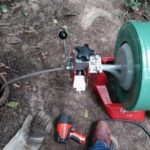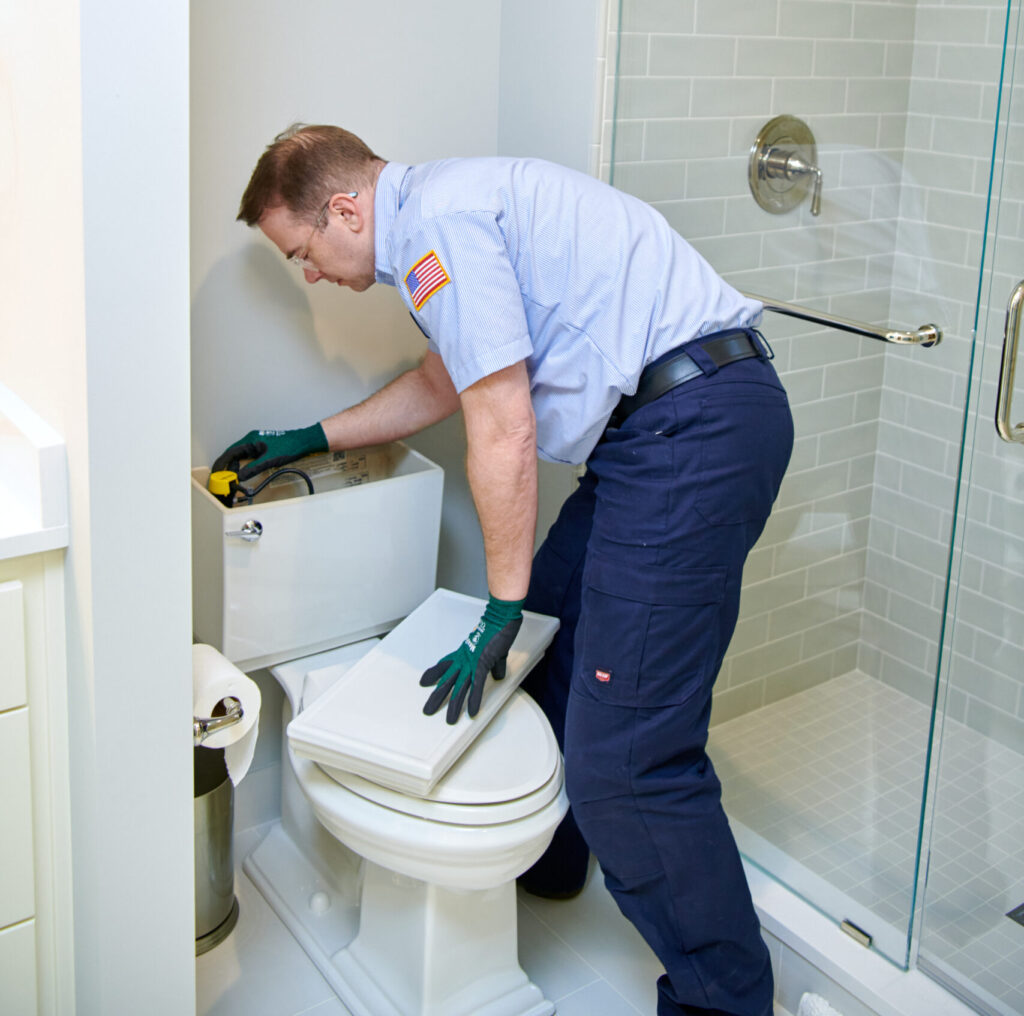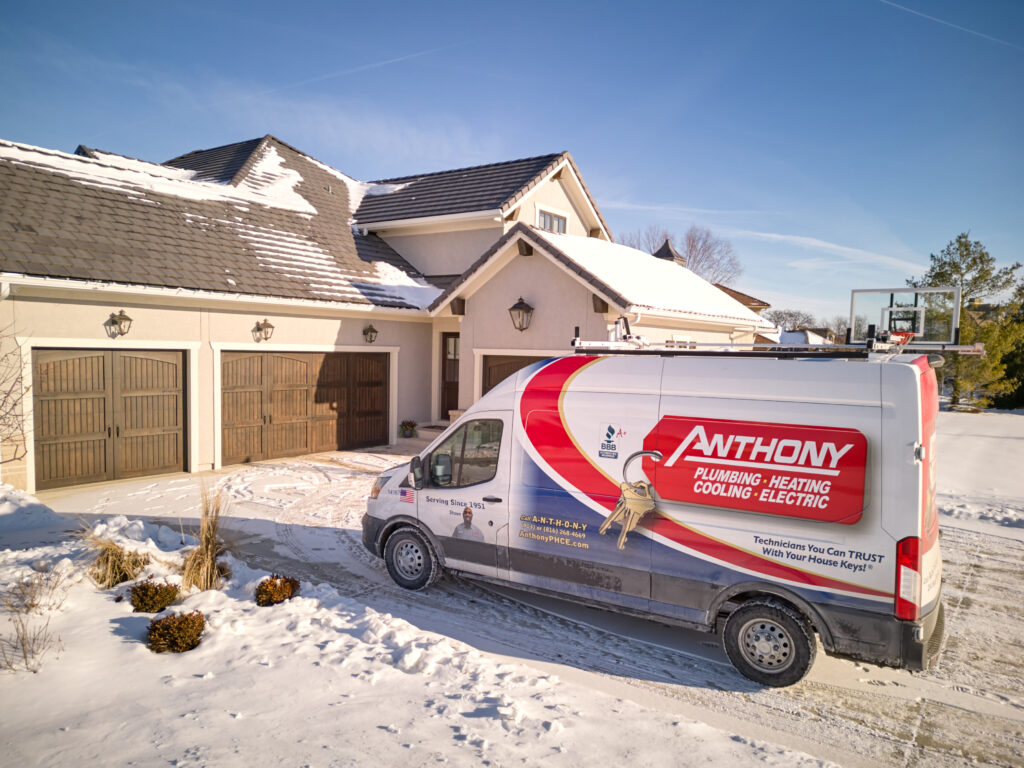BLOG
Sewer Smell Fix

Sewer smell coming from the bathroom? Tips and Advice
Bad odors emanating from the bathroom may not have that element of surprise, but even so, it’s a good idea to run down the source. When that smell reeks of the sewer, it may not go away on its own but instead, point to a serious problem that might require professional plumbing repair.
The wastewater plumbing systems in your home are fairly simple. They rely on unblocked pipes, gravity and fresh air venting to drain. Whenever something interrupts any of these, there could be a drainage problem. Sometimes the issue occurs close to the bathroom, while it could also be a sewer line blockage or overflowing septic tank.
The Trap Is Dry
All sinks have traps beneath them that hold enough water to prevent the gases from leaking up from the sewer or septic tank. It occurs most often when you haven’t used a fixture and the water has evaporated. Simply running some water in the sink or flushing the toilet should fix the problem.
If you have a second home elsewhere and are gone for months at a time, ask the person watching your home to pour water down the bathroom and kitchen sinks, along with the toilet bowls. If you have the water turned off, put a few gallons of tap water into plastic jugs for them to use.
Sewer gas drifting into your home’s air for weeks or months could leave an offensive smell behind, even after you’ve aired your home out thoroughly. If, when you return, you smell sewer gas, open the windows immediately. Methane is explosive and the other components of the gas are toxic at various levels.
Clogged Vent Pipe
The vent for your bathroom’s plumbing should protrude through the roof. Unless it’s screened over, it’s vulnerable to birds who may find it a good place to nest. Leaves can also collect in these pipes over time that will eventually clog them. The pipe may also be cracked and the sewer gas is leaking through it into your bathroom.
A sure sign that you have a blocked vent is when all the drains in your home are slow. Run the water in each of the sinks in your home. If they all drain slowly, you probably have a blocked plumbing vent. Sometimes you’ll also hear bubbling or gurgling from a plumbing fixture, although this can also be a sign of a blocked sewer line.
If you’re comfortable getting on the roof, you can look for nests or leaves in the pipe. Bring along a flashlight to see further down into the pipe. If you suspect a cracked vent pipe, you’ll probably need a plumber in Kansas City to find the leak, which they do by using harmless smoke pencils. It’s likely the vent pipe is inside a wall and professional plumbers have the tools to find and fix it.
Blocked Sewer Line
Sometimes the plumbing blockage starts as far away as the sewer line. Symptoms include a strong odor of sewer gas as well as slow drains in the basement or first floor of your home. You may even have sewage backing up into your fixtures. Normally, the sewage takes the path of least resistance and it will come up through the fixtures closest to the main drainline for your home.
Early symptoms are similar to those of a blocked vent pipe. You may hear gurgling or bubbling sounds periodically and the faint odor of sewage. Your fixtures may start draining slowly, then stop draining altogether. After a while, the sinks may start to drain normally, only to be followed a period of slow draining.
Tree and shrub roots are a common cause of blocked sewer lines in the Kansas City, MO area. Over time, the joints between sewer pipes can loosen and leak. The plant roots sense the presence of water and send roots in that direction. Eventually, the roots will grow into the pipes where there’s a constant flow and block the pipes.
Another cause for blockage is a collapsed sewer line. Older homes in the city are vulnerable to crumbling sewer pipes, especially those made from clay or orangeburg, a tar- and wax-impregnated type of cardboard sewer pipe that breaks down over time. You may be one of the few KC residents who has orangeburg pipe. If you suspect you may have orangeburg, search for “plumbers near me” to contact Anthony Plumbing.
Anthony Plumbing will send a camera down the pipe to identify the blockage and use our equipment to remove the blockage so that the wastewater flows freely again. If the pipes lack structural integrity, our plumbers may be able to install a liner without having to dig up your yard to replace the sewer pipe.
Septic Tank
Sometimes the bad odor in the bathroom is coming from an overflowing septic tank. They do need to be pumped periodically and there are things you can do to keep it working properly. A plumber in Kansas City can give you the information you need to keep your tank from overflowing and minimize service calls.
Sink Overflow Clog
Sometimes the overflow for the sink becomes clogged or collects enough gunk to foul the air in the bathroom. The overflow hole(s) prevent the sink from overflowing onto the floor should someone forget to shut the faucet off. Over time, organic matter can collect on or near it.
If you notice grunge around the holes, use white vinegar and a brush or rag to clean the area. You can also dilute bleach with water to kill the bacteria and remove it. If it’s a stubborn odor, a professional plumbing Kansas City can clear and clean the sink for you.
Toilet Repair for Leaks
Plumbers install toilets by setting them on a wax ring and bolting them down. They caulk the joint between the floor and the fixture to prevent any leakage. The bolts on the toilet can also loosen over time. The caulk can eventually dry out and the toilet can start to leak onto the floor or invisibly into the subfloor. Over time, bacteria will grow inside the wet flooring and emit a strong odor that could be the source of the foul odor coming from the bathroom.
Unless you’re an experienced do-it-yourselfer, toilet repair probably isn’t something you want to undertake. We at Anthony’s can help you with this plumbing Kansas City repair. The job may involve replacing some of the subfloor if the structural wood underneath is damaged. We will replace the damaged wood and flooring in the bathroom and make sure that the toilet sits tight on the floor and is leak-free.
Bottom Line
Many of the problems that cause sewer gas to back up into the bathroom are entirely preventable. If you’d like more information about plumbing repair or any issues you’re having or would like to prevent them, call us at (816) 407-8444,




